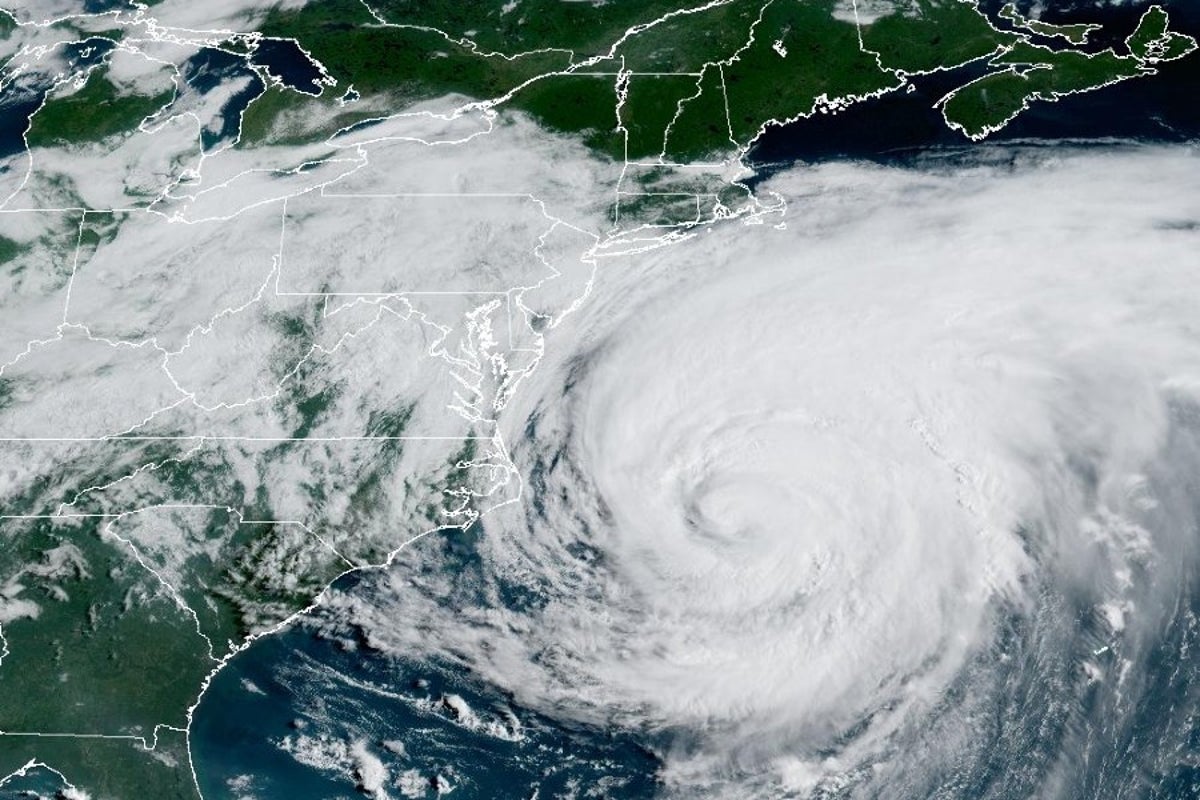Markey Calls on Trump to Protect Small Businesses from July 9 Tariffs

As the deadline for new trade agreements approaches, small business owners across the U.S. are bracing for potential repercussions from ongoing tariff policies. Recent remarks by U.S. Senate Small Business Committee Ranking Member Edward J. Markey emphasize the substantial economic burdens small businesses have been enduring due to these tariffs.
The administration’s stance appears to overlook the significant challenges faced by nearly 34 million small enterprises nationwide. “The Trump administration’s plan for U.S. small businesses appears to be to let them suffer,” Markey stated, stressing that many small business owners expect to feel the adverse effects of these tariffs in both the short and long term.
Small business owners are a vital part of the U.S. economy, representing 97% of the country’s importers and exporters, and accounting for one-third of all trade. Yet many are expressing concern. A recent survey from Goldman Sachs revealed that 70% of small business owners anticipate negative impacts from the existing tariffs, with uncertainty being a key factor in their apprehension.
The financial consequences of these tariffs put many small businesses in a precarious position. They face difficult choices: either absorb the increased costs, pass them on to consumers, delay hiring, or potentially lay off staff. Markey highlighted this dilemma, stating that “Trump’s reckless and overly broad tariffs are forcing small businesses to make tough decisions.”
The timing of Markey’s statements is crucial, as the 90-day window set by President Trump for finalizing trade deals is set to close on July 9. Despite promises to negotiate more favorable terms, only one trade deal reducing tariffs has been reached, leaving many small businesses in a state of uncertainty. Just as they are beginning to recover from the setbacks of the COVID-19 pandemic, these new challenges threaten to be a tipping point.
Markey is vocal about pressing the administration for relief, having introduced the Small Business Liberation Act. This proposed legislation aims to exempt small businesses from the broad tariffs that were implemented following a national emergency declaration in April. Despite these efforts, Republican opposition has so far blocked this initiative in the Senate.
The pressing question on the minds of small business owners is: how can they navigate this turbulent landscape? One immediate strategy may be to stay informed about ongoing trade negotiations. Markey’s letter to Small Business Administrator Kelly Loeffler and other officials underscores the importance of transparency and fair policies that support small enterprises rather than hinder them.
In addition, small business owners should evaluate their supply chains closely. With Markey pointing out that certain products lack alternative supply options, businesses must consider how any potential tariff increases could impact their operational costs.
Markey also advocates for fair treatment across the board, urging the administration to extend small businesses the same financial relief that it offers to larger corporations. He’s previously called for exemptions for small enterprises akin to those granted to tech giants like Apple and Google.
As the countdown to the tariff review deadline ticks down, small businesses must prepare for potential price volatility and shifts in operational costs. Being proactive can help owners better manage the risks posed by tariffs and trade policies. The pressure is building, and small business owners must watch closely as the landscape evolves.
In a time marked by uncertainty, staying proactive and engaging with trade discussions is key. Those interested in further details can reference the official press release from the U.S. Committee on Small Business & Entrepreneurship at this link.
Image Via Envato
This article, "Markey Calls on Trump to Protect Small Businesses from July 9 Tariffs" was first published on Small Business Trends
What's Your Reaction?
 Like
0
Like
0
 Dislike
0
Dislike
0
 Love
0
Love
0
 Funny
0
Funny
0
 Angry
0
Angry
0
 Sad
0
Sad
0
 Wow
0
Wow
0





























































































